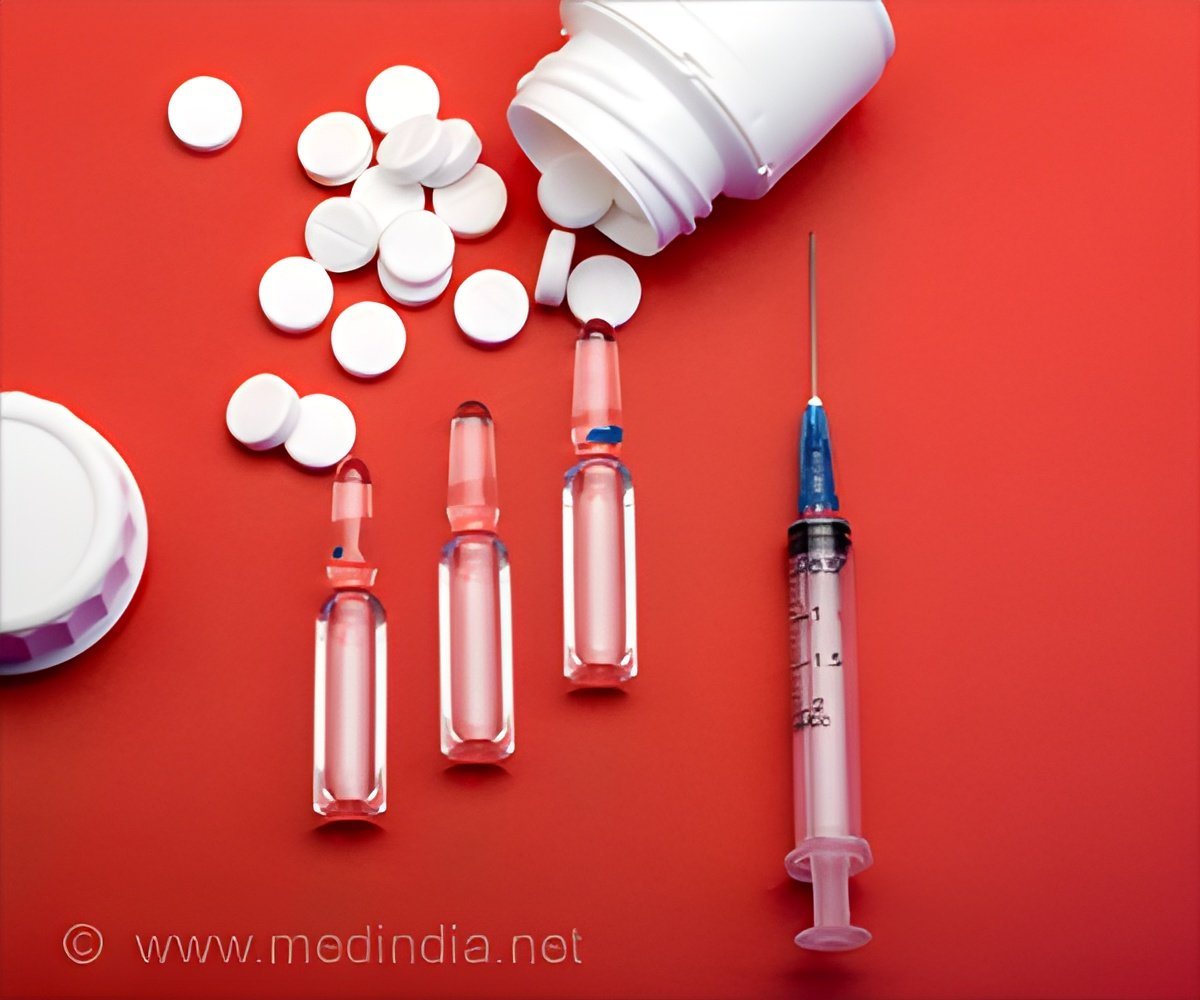
"I am terribly disappointed that people can behave in this way," Sumana told reporters.
"Those who committed the crime are saboteurs of President (Ernest) Koroma's vision to bring affordable health to all Sierra Leoneans," he said, calling for an urgent investigation into the matter.
Health ministry spokesman Abdoulaye Kamara told AFP that when the two containers were checked, 366 cartons were found to be missing and the shipment "did not tally with the manifest we received."
A police source said the missing cartons contained drugs, rehydrated salt, insecticide-treated bednets, condoms and hospital equipment imported from Denmark by the UN children's agency (UNICEF).
Security officials also reported a police and navy patrol unit had intercepted two boats heading to neighbouring Guinea loaded with a huge consignment of medicines.
Advertisement
Sierra Leone's Anti-Corruption Commission has set up a special task force to probe complaints of "blatant and wilful misuse" of the free health care programme.
Advertisement
Source-AFP









